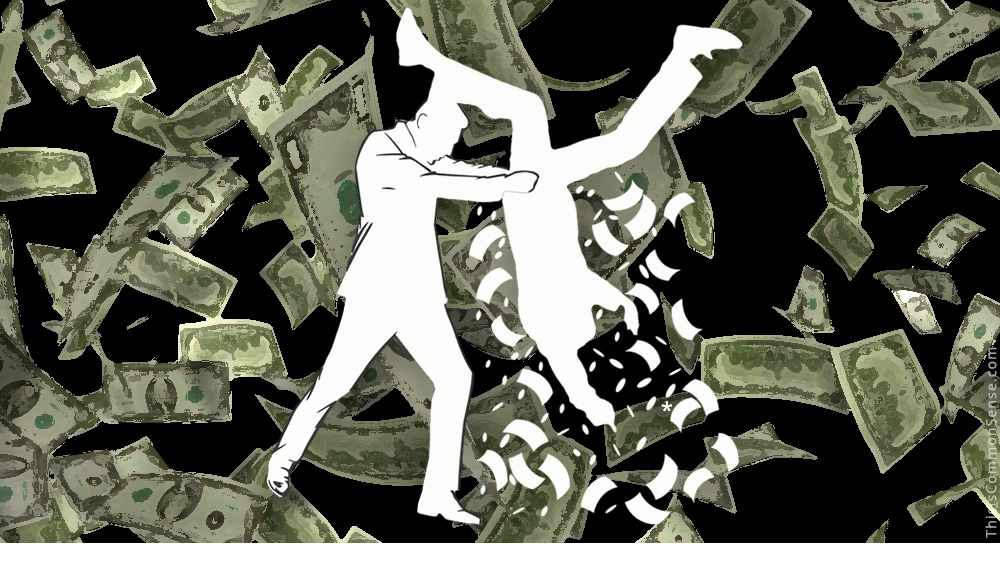“Mr. Biden is making a six-trillion dollar bet that promoting popular programs will be popular,” offered NBC Meet the Press host Chuck Todd on Sunday, “and that he’ll be rewarded for getting things done, long before the actual bill comes due.”
That “Six trillion dollars”? New splurging “on social spending, infrastructure, climate change, health care and more.”
The host intoned that this constitutes the “return of big government.”
“We have to prove democracy still works, that our government still works,” Joe Biden, the 47th president, implored Congress last week, “and we can deliver for our people.”
Spend = Deliver.
Deliver = Democracy.
Democracy = Spend!
So goes a federal “democracy” wherein voters never get a straight, democratic choice on how much government should spend and tax.* Instead, politicians opt for their beloved “deficits forever” method. Purchase votes today — “People like it when you give them money” — and leave for future generations of voters the tax burden needed to pay that bill. No pain, all gain.
Smart re-election strategy, some say.
“Democratic strategists are betting that the infighting in the Republican Party, the extremism on display during the Jan. 6 attack … and the sheer scale of the trillion dollar programs Democrats have pushed through this year,” reports The Washington Post, “leads to a reorienting of partisan divisions that can overcome historical patterns.” Meaning Democrats avoid the traditional loss of congressional seats for a president’s party.
“Will voters care about the scope of Mr. Biden’s plans?” Todd inquired. “… care about the price tag?”
Likely to the degree they notice paying that price.
“President Trump and the Republicans may have made it a bit easier for Mr. Biden by spending big themselves,” reminded Todd.
He’s not wrong there.
This is Common Sense. I’m Paul Jacob.
* Colorado voters have such a choice: a vote on any tax increase and on government spending increases. It’s called the Taxpayer Bill of Rights (TABOR) and was passed by citizen initiative back in 1992. The politicians and lobbyists just hate it, as I detail here.
Photo by Anno Málie
See all recent commentary
(simplified and organized)
See recent popular posts
















